CO2 pipeline companies are having limited success in getting the land easements and permits they need to complete their projects. The EcoJustice Collaborative in Illinois reports regularly on CO2 progress in their blog -check it out at this link. Pam Richart from EJC will be a panelist on Dec 4. She cofounded the Coalition to Stop CO2 pipelines in January, 2022. Since that time, she has been leading the campaign to stop CO2 pipelines throughout central Illinois. The coalition includes 13 organizations, and hundreds of active landowners along the pipeline route. The Coalition’s campaign includes education of landowners and elected officials that has led to the adoption of resolutions and moratoriums in impacted counties, and intervention before the Illinois Commerce Commission (ICC), which is where the pipeline can be stopped. The Coalition maintains a website that documents progress of the campaign, as well as includes resources for landowners, including webinars prepared by the Coalition. In Iowa, the Sierra Club has taken the point in statewide work on the CO2 pipelines. Updates are posted on their website here. In October of 2022, we had Jess Mazour speak on pipelines - you can view the video of her talk at this post on the UMRR blog. On December 4, we will host Jan Norris, an activist from Montgomery County, Iowa, who will report from the frontlines of local pipeline opposition. CURE has been following pipeline progress in Minnesota, and leads action through their project, Carbon Pipelines Minnesota. This webpage has information on current events in Minnesota. Several of the pipeline projects are intended to transport CO2 from Iowa and Minnesota to North Dakota. North Dakota denied Summit's permit application in August, it's now being reproposed. This article on the Associated Press website says: [The North Dakota utility regulators} last month unanimously denied Summit a siting permit for its 320-mile proposed route through the state, part of a $5.5 billion, 2,000-mile pipeline network that would carry planet-warming CO2 emissions from 30-some ethanol plants in five states to be buried deep underground in central North Dakota. Supporters view carbon capture projects such as Summit’s as a combatant of climate change, with lucrative, new federal tax incentives and billions from Congress for such carbon capture efforts. Opponents question the technology’s effectiveness at scale and the need for potentially huge investments over cheaper renewable energy sources. The panel denied the permit due to issues the regulators said Summit didn’t sufficiently address, such as cultural resource impacts, potentially unstable geologic areas and landowner concerns, among several other reasons. The pipelines would pass through South Dakota, which also denied Summit Pipeline's permit application. This September 11 2023 article on the Associated Press website states that the South Dakota Public Utilities Commission unanimously turned the request down. Without access to the North Dakota CO2 depository, the pipeline projects have to keep redesigning their projects. Why are carbon pipelines being proposed? Why are investors and the federal government putting money into these projects? We know that carbon in our atmosphere is causing the earth to warm, which will disrupt our climate and all life on earth. Reducing or eliminating carbon emissions is critical, and there are many different ideas about the best ways to do it. One controversial approach we've been taking for the past two decades is to switch from fossil fuels to 'biofuels' - ethanol and biodiesel. In this post on the UMRR Blog, we reported on a February 2022 report that looks at the utility of ethanol as an option for reducing carbon emissions. The ethanol industry is seeking ways to improve its environmental performance, especially as relates to carbon emissions. One way to do this is to capture the carbon that is released into the atmosphere. The pipelines would move the captured and compressed CO2 to eventual storage and/or reuse. The first two short YouTube videos following provide some more background on why the ethanol industry sees carbon capture as a way forward. The third is a video that provides more information on the process of capturing carbon from industries.
Carbon capture is part of President Biden's climate plan. This link goes to an article in the MIT Review interview with Shuchi Talati, chief of staff at the Department of Energy's Office of Fossil Energy and Carbon Management. Here, Talati talks about the need to have a range of processes for reducing carbon. We have included a number of references at the end of this post that provide more information on pipeline technology and DOE work on carbon capture. Carbon pipelines are currently used in Texas to transport CO2 for use in extracting oil from spent oilfields, there are also links to information on this practice.
Above, exterior of Giiwedinong, LWV Park Rapids members Beth Baker-Knuttila and CC White at sign, entry murals, Lake Itasca (start of the Mississippi). photos by Gretchen Sabel This museum will bring indigenous culture and history to northern Minnesota. Winona LaDuke told Minnesota Public Radio news, "“This is not a tribal museum,” explains LaDuke, a member of the Mississippi Band of Ashinaabeg. “This is an Indigenous museum, but it is off the reservation. It received no state funding, it's entirely independent. We think of ourselves as the little museum that could.” Click here to read an article on the museum's purpose and work from the Giiwedinong October 2023 newsletter. The museum is built to be an educational resource for Native and non-Native people alike, gearing up for field trips and other educational events. Here's a link to a story from The Circle about the Museum. Here, Winona LaDuke says, “Many people who want to learn about citizen engagement, regulatory processes, treaty rights, and the history of Minnesota will be pleased to come to Giiwedinong." The museum features a gallery that will exhibit the work of Native artiists - the first exhibit is the work of Rabbett Before Horses Strickland, an Anishinaabe member of the Red Cliff Band of Lake Superior Chippewa Indians of northern Wisconsin. His works depict the Naniboujou and the origins of the Anishinaabe people. This gallery will host a rotating series of Native artists.
From the museum's website: Giiwedinong will be a destination location for all interested in the history of this land, settler and native agreements, treaties, and the waters. We will feature both historic exhibits and emerging artists for our youth, elders and communities. In 2022, Akiing.org, an Anishinaabe-led restoration and community development organization purchased the former Carnegie Library, turned Enbridge office to create a Museum of Culture and Treaty Rights in downtown Park Rapids, Minnesota. Giiwedinong is the first museum of its kind to share the treaties, stories and education of the Deep North, spanning from Wisconsin, Minnesota, North and South Dakota, and beyond in Turtle Island. We recognize, uplift, and promote both emerging and established Anishinaabe artists in their diverse storytelling mediums. We recognize that in order for art to be accessible, we need to bring it out into the community and provide space for art in our everyday lives and promote access internally (for our Anishinaabe people) and externally (as a tool for racial and social justice). We are interested in dialogue and education on these critical issues of the intersections of Indigenous peoples, environment, public policies and fossil fuel economies. Giiwedinong is led by a team of Indigenous historians, artists and community members. Above, LWV UMRR Communication Director Gretchen Sabel with Sarah Littleredfeather at Giiwedinon, MIssissippi Headwaters, celebration of Giiwedinong opening (photo credit #3 to Beth Baker-Knuttila)
Our December 4, 2023, Educational Webinar focused on the lived experience and activism of three extraordinary women committed to educating communities, environmental groups, non-profits, landowners and individuals about the dangers of CO2 Pipelines and carbon sequestration. This was an informative 90 minute presentation on how grass root activism, coalition building and legislative strategies work to stall and ultimately stop CO2 Pipeline development.
For more background on CO2 pipelines, check out this post on the UMRR Blog.
LWV UMRR Board members are engaged and active people who are leaders in other organizations besides LWV and speak out about issues affecting water and climate! This column by Kay Slama, LWV UMRR Board member, is an opinion piece originally published in the Lakes Area Review, New London MN in August, 2023. 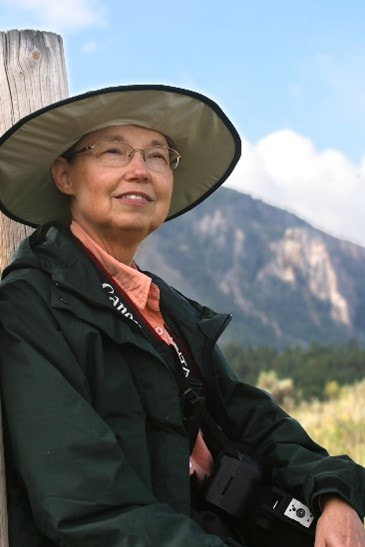 Carbon dioxide (CO2) pipelines carry highly compressed (supercritical) CO2. The proposed Summit Carbon Solutions pipeline would run through southwest MN, carrying CO2 from ethanol plants to North Dakota to be buried underground. The federal Infrastructure Act and Inflation Reduction Act give credits for carbon sequestration, awarding our tax dollars for private companies to build carbon pipelines. Because it would keep carbon out of the atmosphere, you’d think this would be a good thing, right? But wait—there are loads of problems with carbon pipelines, see www.carbonpipelinesmn.org and www.carboncapturefacts.org. The North Dakota Public Service Commission denied Summit’s siting permit application for underground sequestration, citing many issues that the company had not addressed adequately. Until ND allows the pipeline, the MN Public Utilities Commission should pause its permitting for the pipeline, since there’s no place for the CO2 to go. Unfortunately, on August 31, the PUC refused to make that reasonable decision, and we need to let them know that was unwise for Minnesota. What about human safety? CO2 is an asphyxiant—it keeps our lungs from getting oxygen when we breathe. CO2 pipelines must be pressurized at three times the rate of a natural gas pipeline (1,200-2,800 psi). Ruptures can occur for a number of reasons. One cause of ruptures can be shifting ground, whether from flooding or the ground sinking as water is used for irrigation. According to the Pipeline Safety Trust, many chemical impurities can get into the line. Any water molecules in the pipeline react with CO2 to form corrosive carbonic acid. Ruptures have occurred in carbon pipelines, causing human and animal deaths. CO2 is heavier than air, and its unpredictable flow depends on terrain and changing weather. Without wind, it may just find low spots and sit there for a long time. National Public Radio and other media reported on a pipeline rupture in Mississippi that caused 45 people to be hospitalized. It kept cars and emergency vehicles from working because combustion engines need oxygen. Emergency responders need breathing apparatuses that cost more than $6,000 apiece, so they would have to call in a specialized hazardous materials team. The planned carbon pipeline routes run close to homes, towns, and schools, so the CO2 plumes could reach them. The federal agency responsible for CO2 pipeline standards is reviewing them in light of the dangers. These are more reasons construction of carbon pipelines should pause while safety is being worked out. Land issues need to be considered with carbon pipelines. Installation compacts a wide swath of soil that is almost impossible to loosen so roots can get into it. The pipelines heat land near 90 degrees, and both resulting evaporation and heat make it harder for plants to grow. Restoring soil health and productivity is a long-term struggle both current farmers and future generations will have to bear. There are many stories about Summit bullying landowners and using misinformation to obtain easements across farm property. Easement payments to farmers last 3 years, but the easements are permanent, so landowners are vulnerable to other uses after the 20-25-year life of the pipeline. Pipelines tend to be abandoned in place after they are no longer useable, so they remain a permanent hazard on the property and its underground water flow. Iowa is considering using eminent domain to run CO2 pipelines through farmers’ lands without their consent. Under the Fifth Amendment, eminent domain must be for a “public use,” which traditionally meant projects like roads or bridges, not the enrichment of private corporations. In the big picture, pipelines encourage growing huge amounts of corn in the US, nearly half of which is used to produce ethanol. This discourages growing alternate crops that may be better for our land, need less fertilizer and irrigation, and send less pollution down our rivers and into our lakes. Next are water issues. The buried carbon pipelines cross rivers and wetlands underground, which can puncture aquifers during construction, as we saw with the Enbridge Line 3 pipeline in northern MN. In addition to water used during construction, the pipelines will require 13,000,000 gallons/per facility using the pipeline per year (from Summit’s response to inquiry on water usage during Minnesota PUC 5/4/2023 scoping meeting). This constitutes a risk of drawing down our lake and river levels and aquifers. Energy issues: Much energy is needed to mine materials for carbon pipelines, which must be much thicker than any other kind to contain so much pressure. Much fuel is required to put the pipelines in the ground. Energy sources process the gases and condense CO2 at its sources, as well as run the pumps and bury the carbon. There is evidence that making ethanol out of corn is a life-cycle process that may use more CO2 than it saves. We have alternative land-use programs that encourage natural plants which sequester CO2, as well as encourage more wildlife and pollute less. On top of that, a ND official admitted that pipeline CO2 will be used to compress fossil fuels out of the ground, a process known as fracking, which will put more CO2 in our atmosphere and cause more of the climate change effects we’ve been seeing so much lately. So what can we do? We need to think ahead for our climate and our agriculture. We should be spending our “public” money on helping farms move away from growing so much corn. Help farmers feed people rather than make carbon-intensive ethanol, and help them diversify. We need to create markets in MN for their crops. It will take regular input to our lawmakers and state agencies to help them act with this future in mind. We need to do all we can to address the excess carbon that is warming our planet and causing global climate change. Carbon sequestration may indeed be one of the solutions, but not by crisscrossing our land with potentially unsafe pipelines that will threaten our land and waters and almost certainly lead to fracking for more fossil fuels. We need to focus on making our climate better, not worse. UMRR Board member Kay Slama (LWV Willmar, MN) attended the Line 3 Treaty People Gathering at the headwaters of the Mississippi in northern MN June 5-8 and Zoomed into our Board meeting from there. Today, on Wed June 9, she says: The weather was extremely hot, but most participants appeared to be in their 20’s and 30’s and dealing well with the heat. Sunday was an inspiration and training day at a White Earth Reservation site. On Monday, participants split into their various action groups and headed out to their action sites. Unfortunately, some national celebrities like Jane Fonda got much of the coverage, rather than the indigenous people leading the protest. So many people were arrested that I found 21 listed at our Kandiyohi County jail 2 hours south, and I will probably be involved in trying to return them to their cars up north. The protests are continuing today, and will go on. We will follow this the UMRR Blog as we move forward. Line 3 protestors are turning up the heat as they work to stop Line 3. More than 600 people have now been arrested, including Indigenous leader Winona La Duke. Early in the protests, things took an ugly turn when a US Customs and Border Patrol helicopter sprayed protestors with dust and debris. Minnesota is in the midst of a drought and construction of the pipeline requires dewatering and other water appropriations. Some of the DNR's appropriation permits have been temporarily suspended due to the drought, holding up construction to some extent. The stakes are high and the protesters are determined. 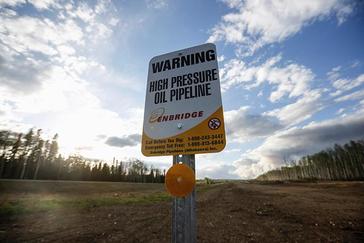 In 2014, Board members of the Pine River Watershed Alliance were presented with a proposal for the Enbridge Sandpiper pipeline route through their watershed. The proposed pipeline was to carry oil from the Alberta tar sands oilfields, and it was proposed to go UNDER the Pine River. What does this mean for the river, and the lakes that it flows through? In 2016, the Sandpiper pipeline was cancelled, but a new pipeline project – called Line 3 Replacement – was proposed to follow the same route. The Line 3 replacement project—from Joliette, N.D., to Superior, Wis.—stretches 364 miles in the U.S. and would involve a pipe 36 inches in diameter to be built pending regulatory approval. This 36” pipeline would cross four streams that contribute water to the Whitefish Chain of Lakes – the jewel of the Pine River Watershed. Members of the Pine River Watershed Alliance were concerned, and eventually took a position that supported the need for energy but demanded that the environment be protected. On the PRWA’s website, in a statement dated October 2017, their chair Ron Meyer said, “Activity on Enbridge Line 3 continues. There has been a lot of local TV and radio commercials supporting the construction of Line 3. The ads are not totally accurate. The MN Department of Commerce recently issued a report that states there is much more pipeline capacity than presently needed. MN does get 100,000 barrels of gasoline from the Superior refiner and maintaining that will not be affected by Line 3. PRWA is not against pipelines but we don’t want a pipeline through our critical water sources…” This very local controversy highlights the concerns with this project. The Minnesota Public Utilities Commission (PUC) will be deciding whether to issue a certificate of need and a pipeline routing permit for this project; the comment period for this project is now open and evidentiary hearings will take place in November. Public hearings around the area have aroused much interest on both sides of the issue, both pro- and against- the pipeline. The proposed route crosses the Mississippi near the Headwaters as well as many tributaries to the Upper Mississippi along the way. It will carry all grades of crude oil from Canada to the Enbridge terminal in Superior, Wisconsin. The PUC website features an interactive map showing the current Line 3 route as well as the proposed route for the upgraded pipeline. The proposed new pipeline would use the power of eminent domain to potentially transport 760,000 barrels of Canadian tar sands oil per day. When the UMRR Board met at the Headwaters on October 2, we experienced the beauty of the area and walked across the River at its beginning. We also met folks from the Friends of the Headwaters, a local citizen's group organized to address the planned pipeline. According to their website, they are organized “for the purpose of protecting our precious resources: Itasca State Park, the Mississippi River, our clean lakes and trout streams, the aquifer for our drinking water, our forests and wildlife from the potentially devastating impacts that will occur if the Enbridge Line 3 pipeline is constructed on the currently proposed route in Hubbard, Clearwater, Cass, Aitkin and Carlton Counties.” So, what are the facts? Is this pipeline necessary? The Minnesota Department of Commerce looked at that question, and they found that “in light of the serious risks and effects on the natural and socioeconomic environments of the existing Line 3 and the limited benefit that the existing Line 3 provides to Minnesota refineries, it is reasonable to conclude that Minnesota would be better off if Enbridge proposed to cease operations of the existing Line 3, without any new pipeline being built.” (Quote from Ron Meador/MinnPost.) The Minnesota Environmental Partnership (an organization of which LWV MN is a member) provided an interesting analysis on their website. This factsheet, with references, provides a more in-depth look at the issue. Because the pipeline would pass through significant wild rice resources, the proposed pipeline is of great concern to Native American groups as well – Winona La Duke is a spokesperson for the group Honor the Earth which has been protesting at events around the region. To counter these efforts, Enbridge has been promoting the project through commercials on Minnesota television and their website. This will all come to a head in April, when the Minnesota Public Utilities Commission decides on the certificate of need and route permit. Stand by for the rest of the story!
LWV Bloomington and LWV Dakota County hosted a session on pipelines and their impact on Minnesota’s environment and people on April 18. A four-speaker panel addressed climate impacts, tribal rights, indigenous viewpoints and ways people can advocate on these issues. Robert Pilot, host of Native Roots Radio Presents, I’m Awake, was the moderator (center photo).
Alan Anderson from Citizen’s Climate Lobby pointed out the increase in extreme weather events in recent years, saying that climate change is affecting us now, and we need to make changes now to prevent more horrific consequences. His group works to awaken people to the issues and to work with their legislators to address the changes. Anderson urged people to talk about climate change, and recommended the website “skeptical science” as a way to find information to rebut misinformation. Citizen's Climate Lobby advocates for carbon fees and dividends as a way to use economic forces to reduce CO2 in the atmosphere. Melissa Anderson is an attorney with Hogan Adams PLLC, a law firm specializing in tribal and treaty law. She explained that treaties with Native American nations are interpreted under the “Reserved Rights Doctrine”, in that things that were not specifically ceded remained with the Indian nation, and that the treaties are to be interpreted from the Native viewpoint. It is not reasonable to think that people would agree to live in a specific place without access to water, so therefore access to water must be provided. This is important in understanding the Standing Rock protests. Eryn Wise (photo on right), organizer for Honor the Earth, passionately talked about her frustration at excuses made to gloss over the genocide that’s been committed on Native Americans for the past 500 years. She was at Standing Rock and briefly shared her experiences, sharing the story of the children and youth who with her there. Wise urged attendees to bring children to political events and to engage them in discussions about issues – children understand and will take action, they should not be sheltered. Earlier this week, Wise was removed from the Minnesota House of Representatives for speaking out from the gallery and she told about the frustration with the dialog that lead to this end. Kathy Hollander, volunteer activist, rounded out the evening with a rousing call to action, talking about the outreach and advocacy that MN350 does on climate issues. She said that citizens need to be engaged on pipeline siting issues, and that provisions in bills now in the legislature would remove pipeline siting from Public Utilities Commission oversight. The evening was well put together, and was taped by the local cable company for later cable cast and YouTube. Music for the evening was provided by the Red Bone Singers, Native American singers from the Twin Cities. |
| LWV Upper Mississippi River Region | UMRR blog |
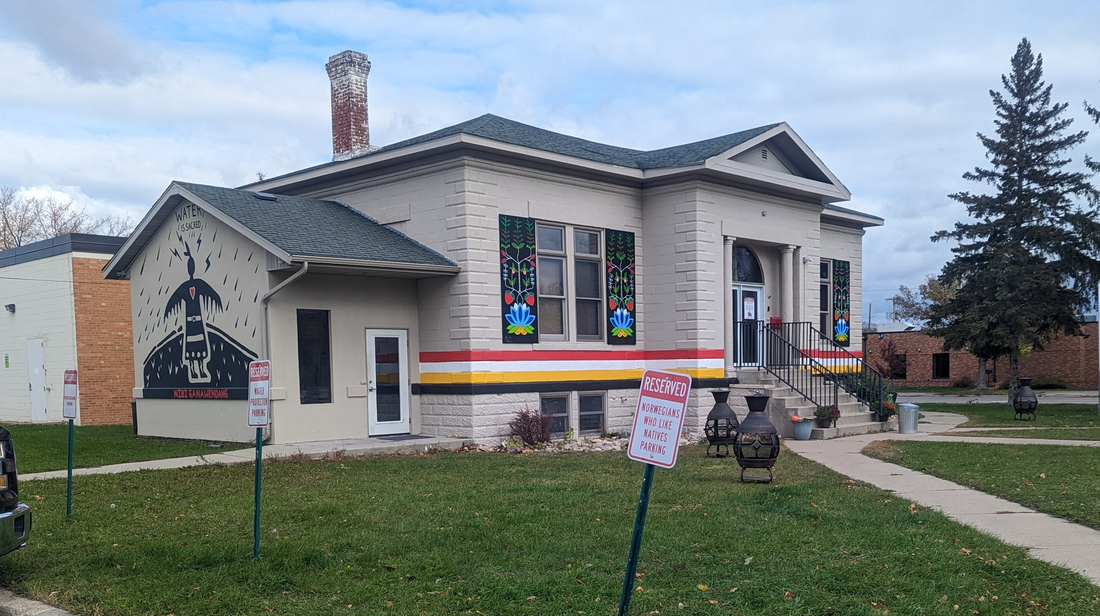
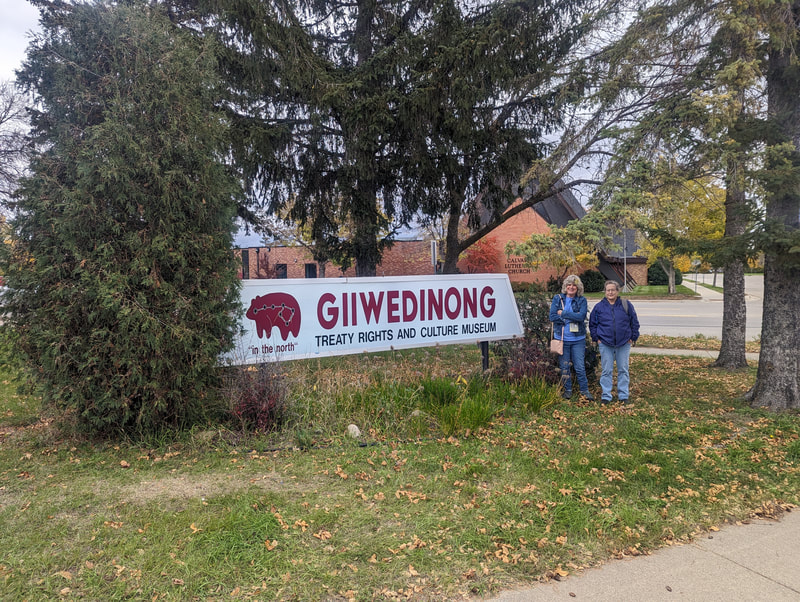
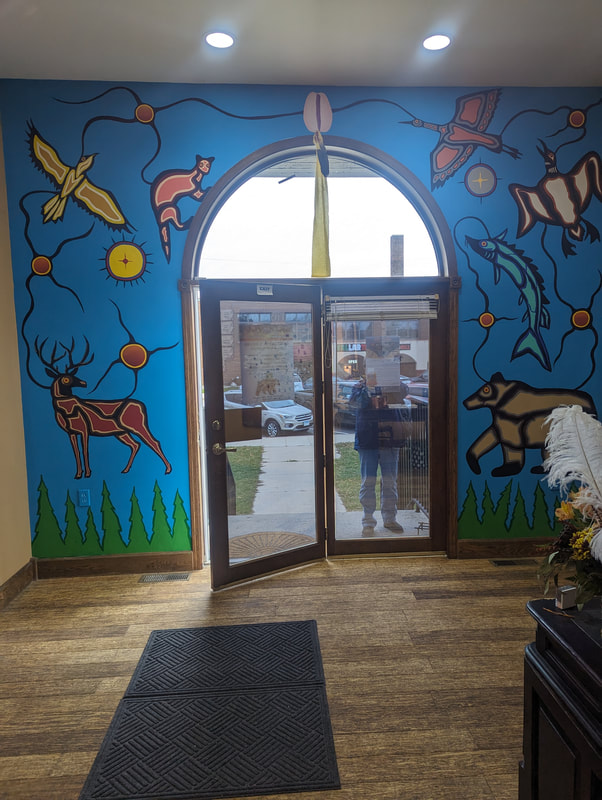
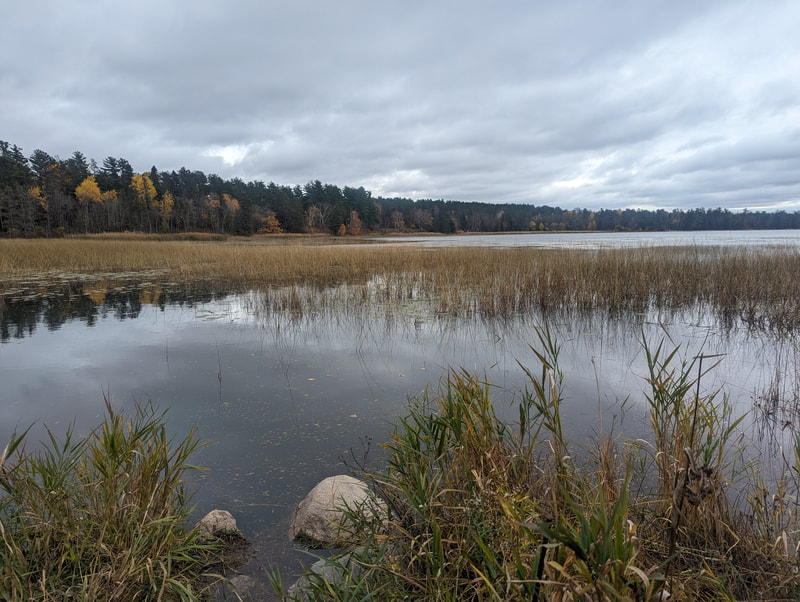
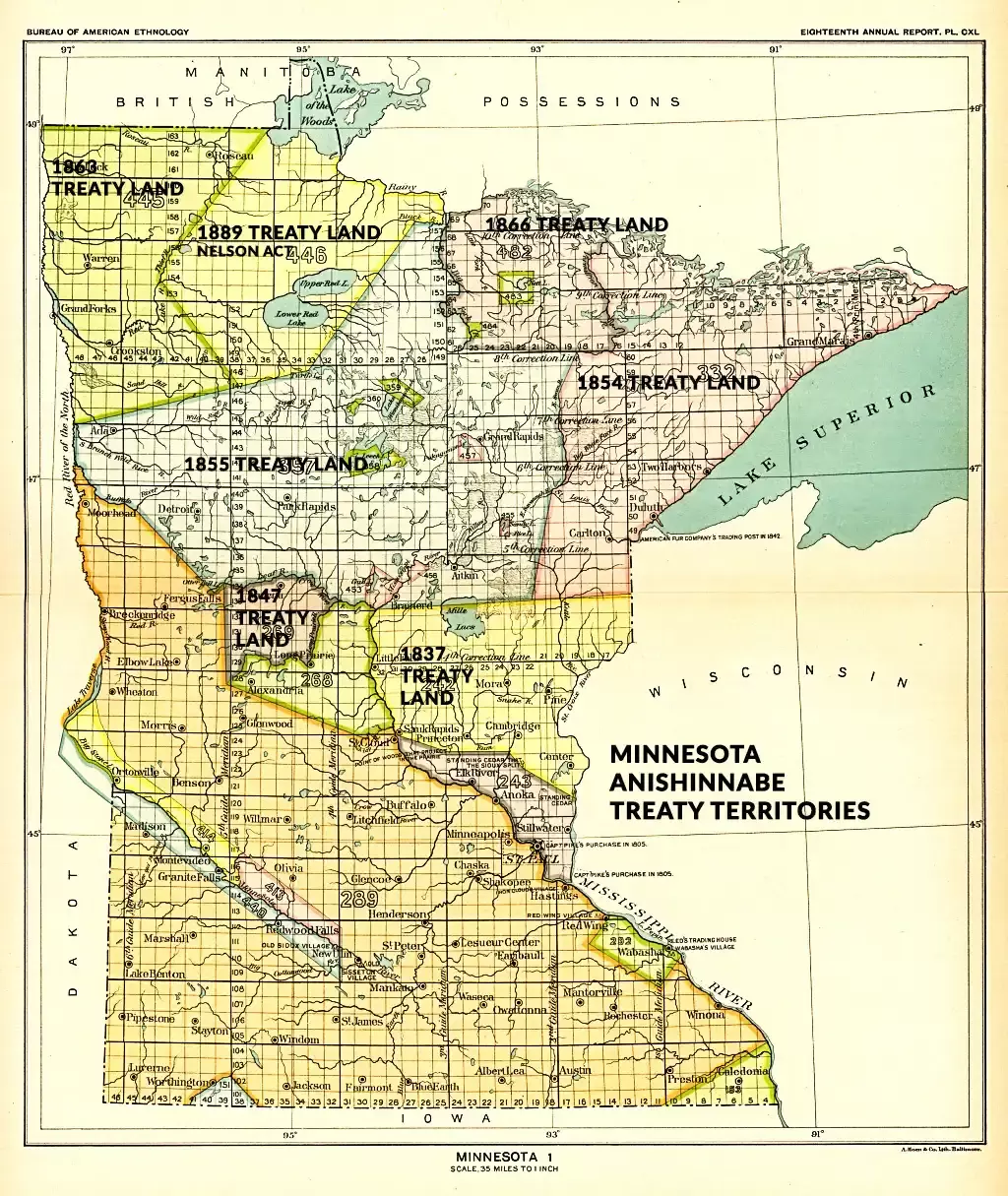
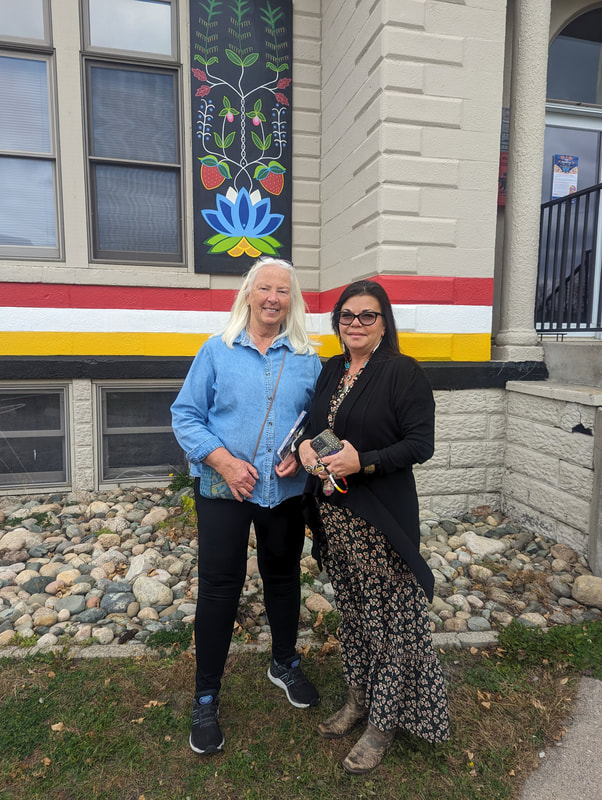
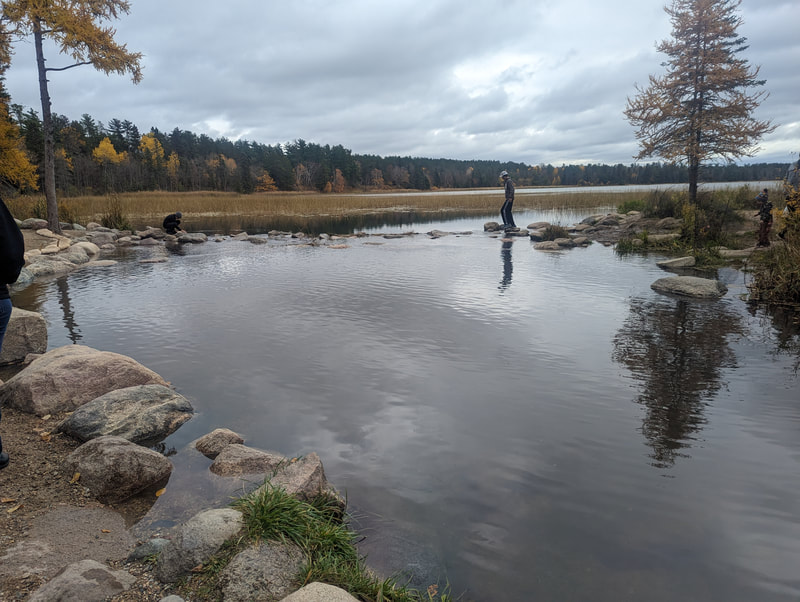
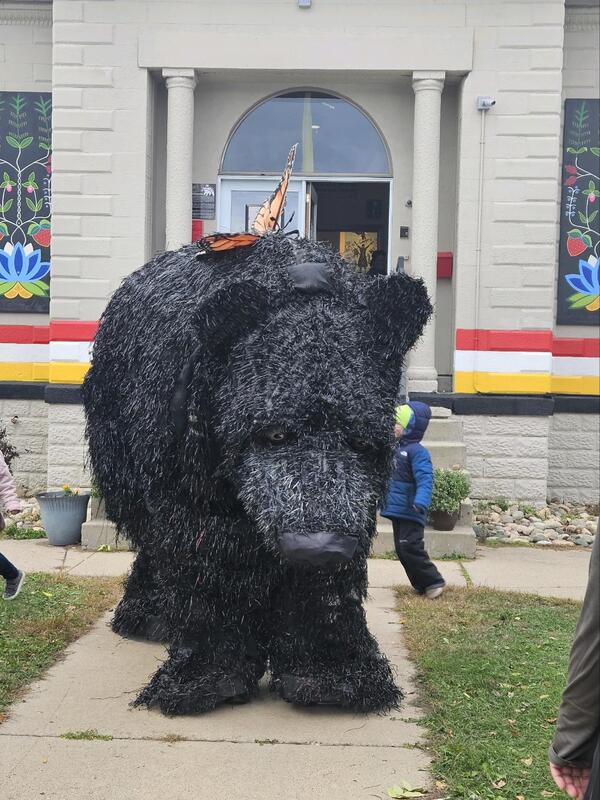
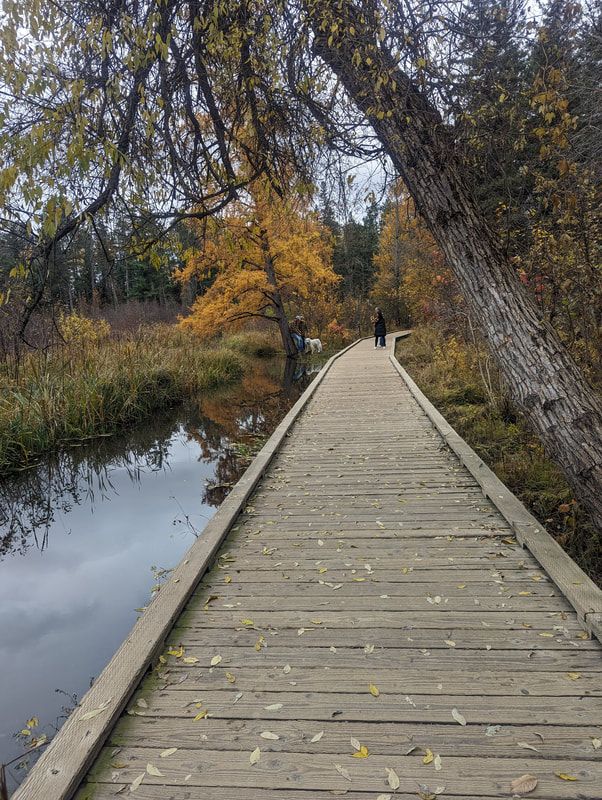
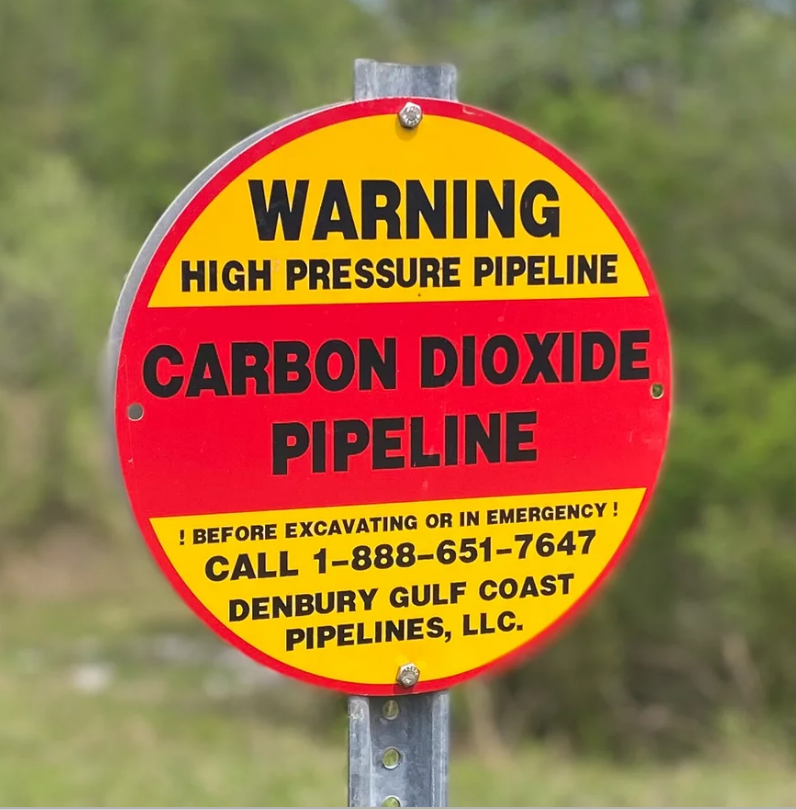
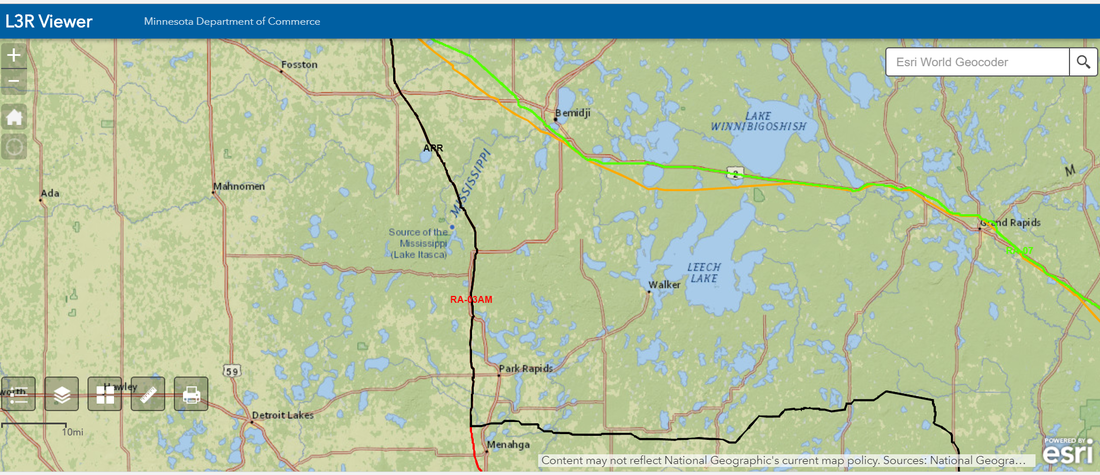
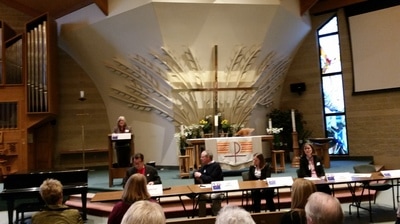
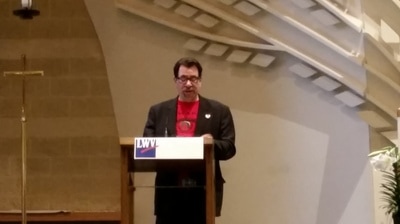
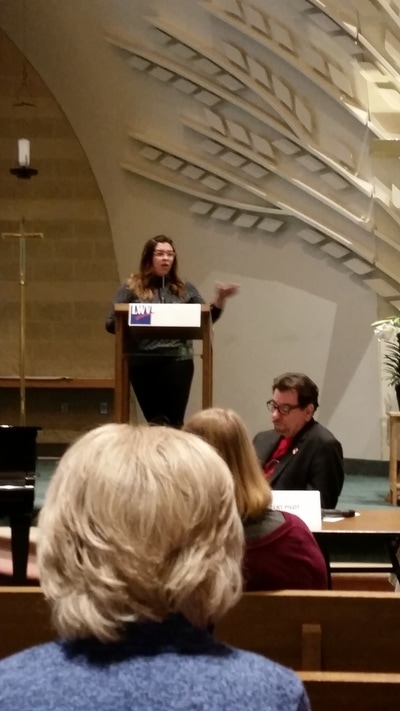
 RSS Feed
RSS Feed